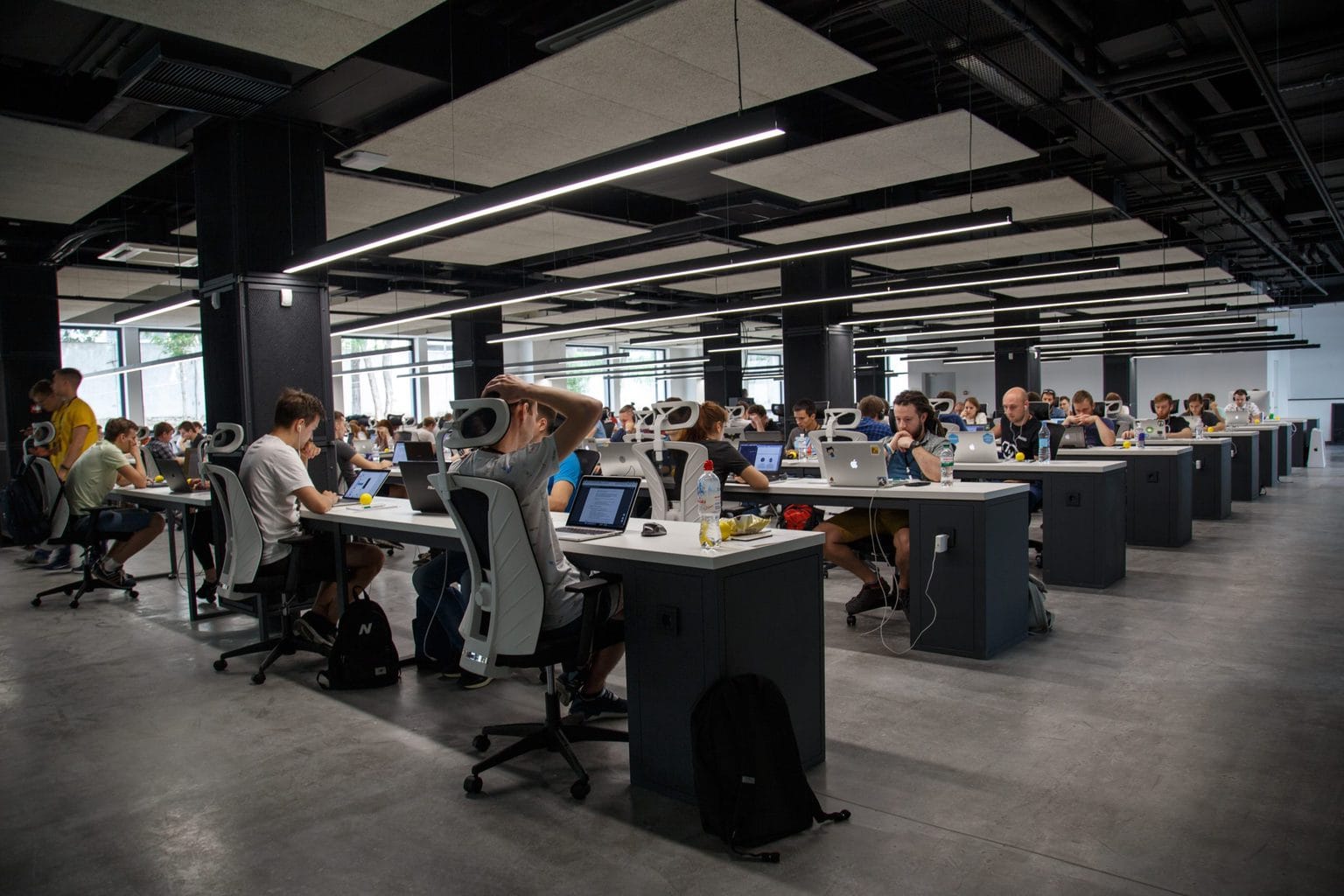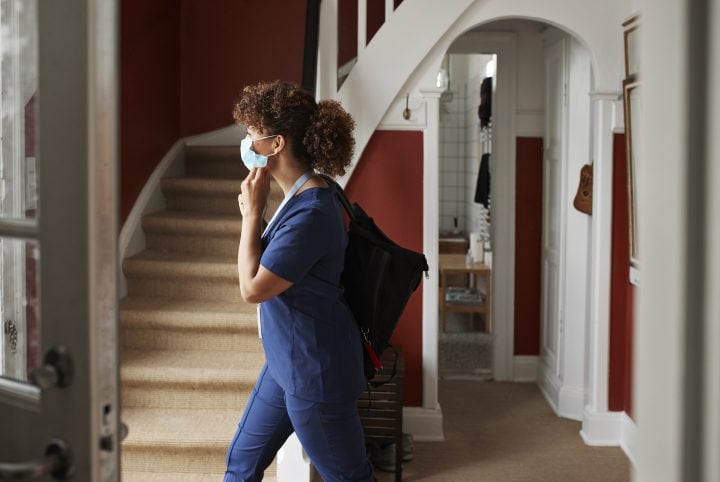
High-quality friendships at work help create thriving employees.
Making friends after a certain age can be difficult and this is why many friendships flourish in the workplace. If you Google: “Why is it hard to make friends over 30?” it returns more than 1.7 billion results, suggesting that making adult friendships may not be as easy as we think and even more so in the workplace.
While it can come with perils, there is no doubt that having friends at work can make the day-to-day grind of any job easier – or even more enjoyable.
Monash Business School’s Multidisciplinary International Network on Thriving (MINT) is considering how our work friendships help us thrive.
Navigating the blurred boundaries between personal and professional lives can be a tricky endeavour for anyone, but research shows that friendships at work do pay off both personally and professionally.
Strong social connections are incredibly important for employee well-being. After all, good relationships are what makes for a good life; high-quality relationships protect our mental, emotional, and physical health.
With this in mind, more and more organisations are acknowledging, even actively encouraging workplace friendships, hoping to shape the work environment so that it’s more conducive for positive relating.

Friends in high places
Nobody likes fake friends; research shows that people feel dirty when they network for influential goals, suggesting that intuitively and instinctively, people prefer developing genuine relationships. For example, using your work friendships as a stepping ladder for your own career progression is not a good idea.
How we define friendship differs for everyone, but a fundamental premise of friendship is that it is a voluntary connection which is maintained for personal, not influential, reasons (though certainly, it can provide influential outcomes).
Real friendship goes beyond being friendly; it means to have affection, trust, and esteem for each other.
When treating each other with respect and trust, employees are more likely to feel autonomous, competent and valued, fostering heedful relationships, where individuals cooperate and attend to each other’s needs.
These genuine, mutually respectful and positive workplace interactions are uplifting and energising, and fuels employees with a sense of vitality and aliveness.
When we interact positively at work we can also learn from each other. Friendships mean we are discussing and making observations about situations at work, creating a dynamic exchange and deeper level of information absorption.
High-quality relationships
Having high-quality relationships also allow employees to ask questions, voice their concerns and try new things in a safe environment, allowing them to learn from failures and be more creative.
By doing this, new skills and knowledge can be gained, generating more solutions.
This dual experience of learning and vitality creates thriving employees who enjoy an overall sense of forward momentum and progress.
Individuals can then use this sense of progress and growth as a barometer for measuring their own personal and professional development and decide for themselves if they are on the right track to a sustainable career.

Work-related resources
So, having friends at work is a good thing – it means we are building social structures that allow us to exchange tangible and intangible resources such as work-related assistance and being valued and cared for in the workplace.
These resources are important buffers for individuals against negative states such as job stress and presenteeism that prevents employees from being fully present and functioning at work.
Organisations can no longer survive by doing more of the same. From new product ideas to better ways to respond to customer needs, to improvements in processes in the workplace, employers demand more of their employees and they recognise that positive relating at work can help bring out the best in each other.
—
Want to read more?
Thriving or surviving: Beyond the daily grind
To discuss a potential research collaboration project or find out more about our research outcomes, please contact: Dr Zen Goh, MINT Principal Investigator, T: +61 3 9903 2607 E: zen.goh@monash.edu


